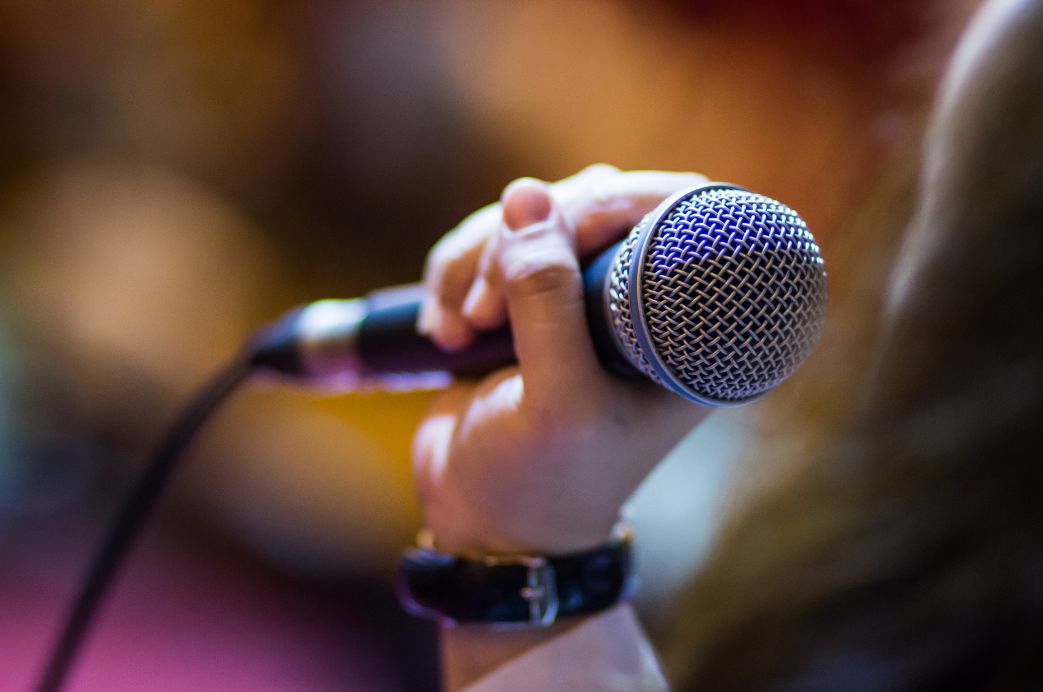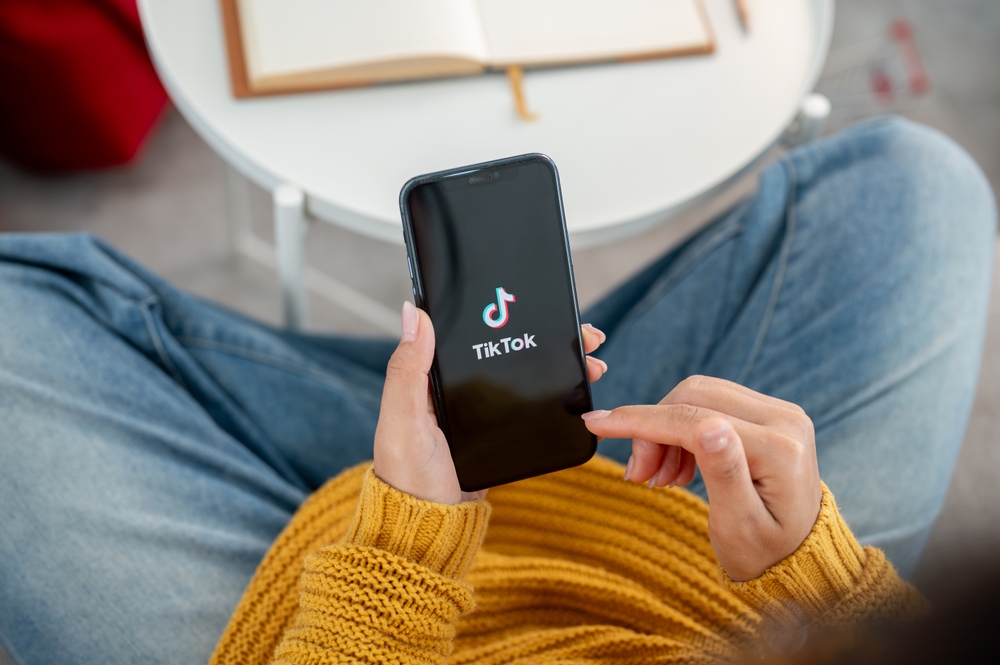A 2024 survey by the Valor Econômico newspaper shows that platforms like UaiRango, Delivery Much, Quero Delivery, Aiqfome, and Pede.ai are already present in about 1,500 municipalities — with 16 million customers and over 118 thousand registered establishments, transacting R$2.4 billion between 2024 and early 2025. iFood, on the other hand, leads the national market, with a market share ranging between 70% and 80% in meal deliveries.
Although in recent years, we have seen digital transformation reach even the most remote corners of the country, in small cities, formerly forgotten and viewed as less relevant markets, a new movement has emerged: the popularization of local apps. This expansion opens a promising window of opportunities, even in the face of the dominant presence of large players.
Unlike large urban centers, these municipalities have unique characteristics, such as closer relationships between merchants and consumers, simpler economic dynamics, and a strong emphasis on local identity. Therefore, it is precisely in this scenario that local apps gain space by offering tailor-made solutions and, consequently, generating greater engagement and loyalty than generic platforms.
For Otavio Boari, CEO of UaiRango, an important competitive advantage is agility. “While many companies often struggle to adapt their solutions to specific markets, we can respond more quickly to public demands. This flexibility, combined with territorial knowledge, allows for the creation of more personalized services and, of course, with better cost-effectiveness,” he says.
The expansion of local platforms in small cities is not only viable but also strategic, as it is a move that reinforces the digital autonomy of municipalities, stimulates regional economy, and challenges the dominance of large platforms, proving innovation.








